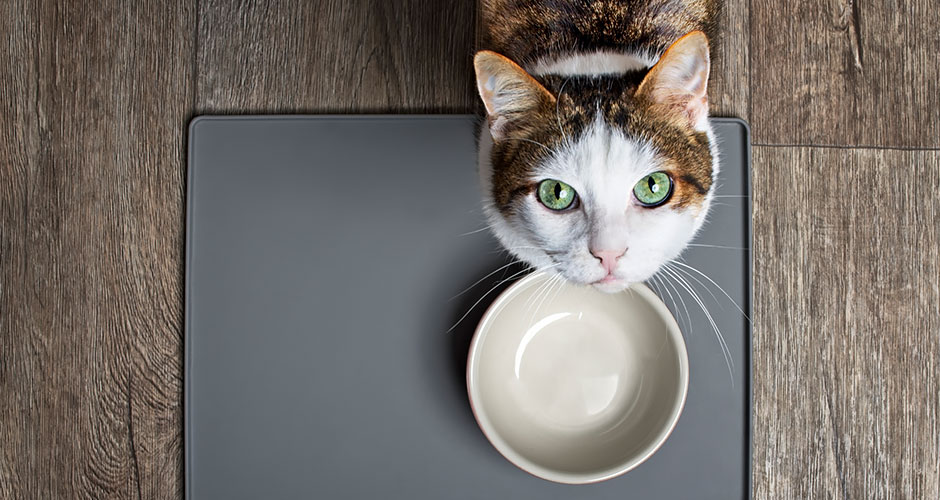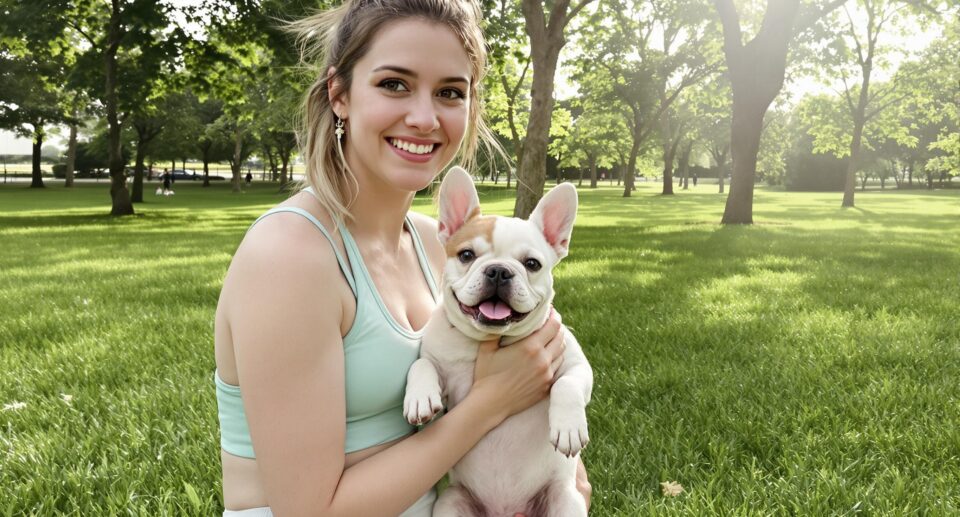Feeding Your New Cat or Kitten

What should you feed your cat, and when? Some cats are foodies, while other felines are more finicky. The right cat food will appeal to your cat’s palate and support their overall health and well-being. Sticking to a meal schedule every day will help regulate your cat’s digestion and ensure they take in all of the nutrients they need to thrive.
Dry, Dehydrated, or Canned?
You can find complete, balanced cat foods for every life stage in dry, canned, fresh, and dehydrated options. You can feed your cat one or more types of food based on their preferences, your schedule, and your budget.
Dry Cat Food is easy and convenient to feed. Crunching on dry kibble can help keep your cat’s teeth clean, though feeding dry food is not a substitute for dental care like brushing and professional cleaning.
Canned Cat Food is high in moisture and protein and available in a variety of pate, shredded, and whipped textures to appeal to your cat’s palate.
Fresh Cat Food is generally high in moisture and protein and low in carbohydrates. It may need to be rehydrated or refrigerated.
How Much To Feed Your Cat or Kitten
To determine how much to feed your cat each day, start with the daily serving guidelines on the cat food packaging.
Cats that are spayed or neutered, as well as those that are less active, need fewer calories. More calories are necessary for intact and highly active cats, as well as growing kittens and pregnant and nursing queens.
What To Feed Your New Kitten
Kittens need “all-life-stages” or “kitten” food. Kitten food is higher in calories, fat, and protein than adult cat food to fuel their growth.
For the typical cat between eight weeks old and 11 months old, choose a complete and balanced kitten food. Large breeds like the Maine Coon should continue to eat a kitten diet for up to two years.
Hill’s Science Diet Kitten Indoor Dry Cat Food is enriched with DHA to support brain and eye development, plus a special blend of prebiotic fibers to support a healthy gut microbiome.
What To Feed Your New Adult Cat
If your newly adopted adult cat is at least 11 months old, you can start them on premium, complete, and balanced adult or all-life-stages cat food.
For adult cats up to six years old, Hill’s Science Diet Adult Indoor Dry Cat Food is formulated with high-quality protein to support your young cat’s energy needs and support lean muscle growth and recovery.
When To Feed Your Cat
Your cat’s stomach is tiny, about the size of a ping-pong ball. To promote healthy digestion, your cat should eat several small meals throughout the day.
Many cat parents free-feed or allow their cat to graze on a bowl of dry food for hours. Free-feeding can make it easier to allow your cat to eat at their own pace, but left unchecked can lead to obesity.
To avoid allowing your cat to become overweight, feed 3-5 small meals throughout the day. If you must free-feed, keep track of how much your cat eats by providing measuring servings at the start of each day.
Treats, Toppers, and Supplements
Treats and toppers can make up to 15% of your cat’s diet. Look for premium cat treats made with plenty of lean protein to appeal to your cat’s tastebuds without contributing to excess weight gain.
You can use treats to train and bond with your cat. Toppers and supplements can add a nutritional boost, extra moisture, and irresistible palatability to your cat’s diet.





